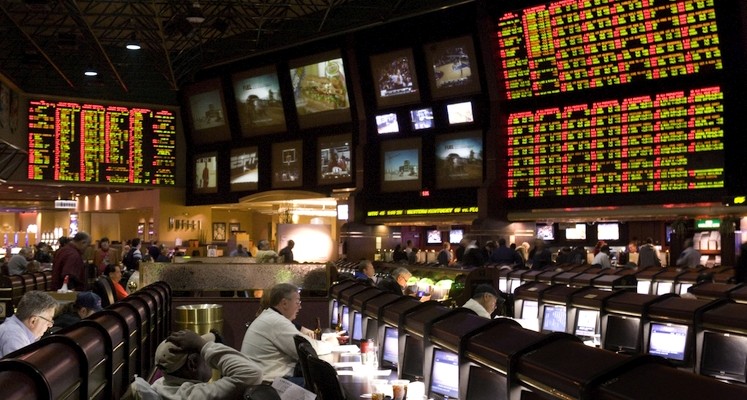Today a 12 judge U.S. Third Circuit Court of Appeals panel struck down a New Jersey law that was never implemented allowing Atlantic City casinos and race tracks in the state to offer Vegas-style sports betting, saying it runs afoul of a 1993 federal law banning the practice in any state that was not “grandfathered” in with an existing state law.
When it was announced that an appeal of an earlier ruling against the law would be heard by a panel of 12 judges in the circuit, it was seen as a sign of hope. However, the court only issued two dissenting opinions on the matter with its ruling today, the majority finding that the 2014 law was a “de facto authorization” of sports betting in the state.
In recent years, some professional sports organizations that were initially for banning the practice of betting on sports, have come around to the other side. Last year, former NBA Commissioner Adam Silver advocated for the remaining 46 states left behind by the Professional and Amateur Sports Protection Act of 1992 to be given federal oversight and legal betting. Only four states are exempt from the federal legislation; Nevada, Delaware, Montana, and Oregon. And although sports betting certainly occurs in every other state, sometimes accompanied by organized crime in the prohibition underworld, even office football pools are illegal in the remaining 46 United States.
Once the number two destination in the world by gross gaming revenues, New Jersey’s Atlantic City has been in decline since 2007, dropping a nearly 50% since 2006 and not correcting from the recession like the Las Vegas gaming economy did. The state’s horse racing tracks and off track betting shops have also suffered massive declines. The sports betting law was seen as a way to boost income for the venues.
Only three racetracks remain in the state. The most recent closure was of the Atlantic City Racecourse which closed on January 16, 2015. Four casinos have closed in the city with Trump Taj Mahal joining the list after Labor Day weekend, on October 10, 2016, raising the number of closed casinos in the city bearing the Trump name to three. Trump Marina was in bankruptcy restructuring when sold to Landry’s (Golden Nugget). Seven casinos will then remain of the twelve that were operating in 2013, and only four of them are on the Boardwalk.
The state had been trying to circumvent the federal anti-sports betting law for years. In 2011 Governor Christie attempted to sue the federal government over the issue and voters later passed a ballot referendum. Legislators voted it into law with the governor’s signature ratifying it the next year. By 2013, before any books opened, five sports organizations brought the state to federal court and the first ruling against the law came in 2013.
Each time appeals courts heard the case there was at least one dissenting opinion. Donald Trump’s sister sat on one of the courts and voted against the state’s efforts.
The law’s latest defeat may not be the end of the story however. With two dissenting opinions, the state may decide the stakes are worth the effort to have the case settled in the U.S. Supreme Court. In order for the state to prevail, the court would have to rule that under the Commerce Clause of the United States Constitution, the regulation of gambling and the granting of a grandfather clause to four states was not within Congress’s power.
“We were relying on having sports betting to give a big boost to our ailing Atlantic City casinos and our suffering racetracks,” Senator Raymond Lesniak said in an interview, according to Reuters. “It’s just wrong for Congress to deny New Jersey what the state of Nevada has.”
“It’s a long shot, but we can’t throw in the towel now,” said Lesniak.


